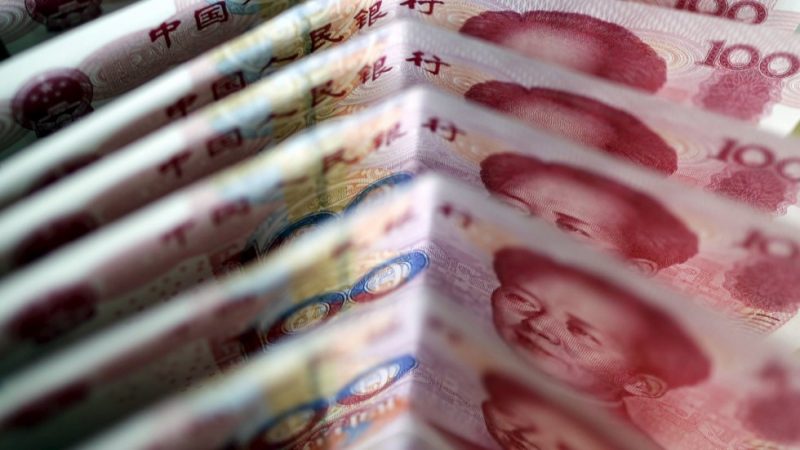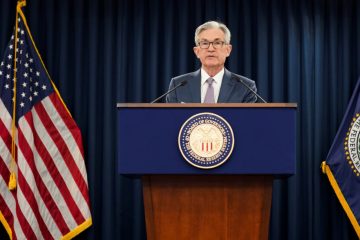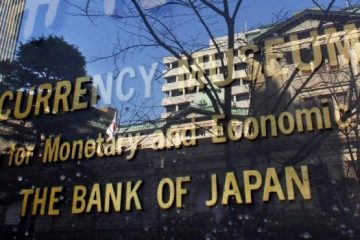China Dec forex reserves fall for 6th month, near $3 trillion level

BEIJING : China’s foreign exchange reserves fell for a sixth straight month in December to the lowest since early 2011, but held just above the critical $ 3 trillion level, as authorities stepped in to support the yuan ahead of U.S. President-elect Donald Trump’s inauguration.
Reserves fell by a slightly less than expected $ 41 billion last month to $ 3.011 trillion, central bank data showed on Saturday, following a drop of $ 69.06 billion in November. China’s reserves fell nearly $ 320 billion in 2016, after a record drop of $ 513 billion in 2015.
Economists polled by Reuters had forecast reserves would drop $ 51 billion to $ 3.001 trillion. Concerns over the speed with which China is depleting its ammunition are swirling, with some analysts estimating it needs to retain a minimum of $ 2.6 trillion to $ 2.8 trillion under the International Monetary Fund’s (IMF’s) adequacy measures.
The yuan depreciated 6.6 percent against the surging dollar in 2016, its biggest one-year loss since 1994, and it is expected to weaken further this year despite authorities’ aggressive attempts to slow its descent this week. Adding to pressure on the currency, Trump has vowed to label China a currency manipulator on his first day in office and has threatened to impose huge tariffs on imports of Chinese goods.
China has stepped up efforts in recent weeks to shore up the yuan and curb capital outflows, sparking speculation it wants a firm grip on the currency ahead of Trump’s inauguration on Jan. 20 and the long Lunar New Year holidays at the end of the month.
It has tightened restrictions on individuals and companies who want to move funds out of the country, while denying it is imposing fresh capital controls. This week the central bank has also set higher daily guidance rates for the yuan, hiking it the most in a decade on Friday. China’s foreign exchange regulator, the State Administration of Foreign Exchange (SAFE), said in late December that net cross-border capital outflows were expected to narrow in the fourth quarter in 2016.
The People’s Bank of China (PBOC) said in a quarterly report last Friday that it would push reforms of the yuan regime, while keeping the currency basically stable in 2017. The PBOC also raised reporting requirements for overseas transfers last Friday. Reporting threshold for cash and overseas transfers cut to 50,000 yuan from 200,000 yuan. SAFE recently said it would step up monitoring of individual foreign exchange purchases to close loopholes, but the $ 50,000 yearly quota would not change.
While the yuan has soared this week as China tried to punish speculators, a Reuters poll showed it is expected to slide at least 4 percent more this year, largely as expectations of interest rate hikes in the United States drive the dollar higher.
If pressure on the yuan persists, analysts suspect China will continue to tighten the screws on capital outflows via administrative and regulatory means, while intervening selectively in onshore and offshore markets to discourage short sellers from building up excessive bets against the currency.
But if forex reserves continue to be depleted at a rapid pace and capital flight continues, some strategists believe China’s leaders may have little choice but to sanction another big “one-off” devaluation, which would likely roil global financial markets and fuel fresh tension with the U.S.
China’s gold reserves fell to $ 67.878 billion at end-December, from $ 69.785 billion at end-November. They totalled 59.240 million fine troy ounces, unchanged from the previous month.





